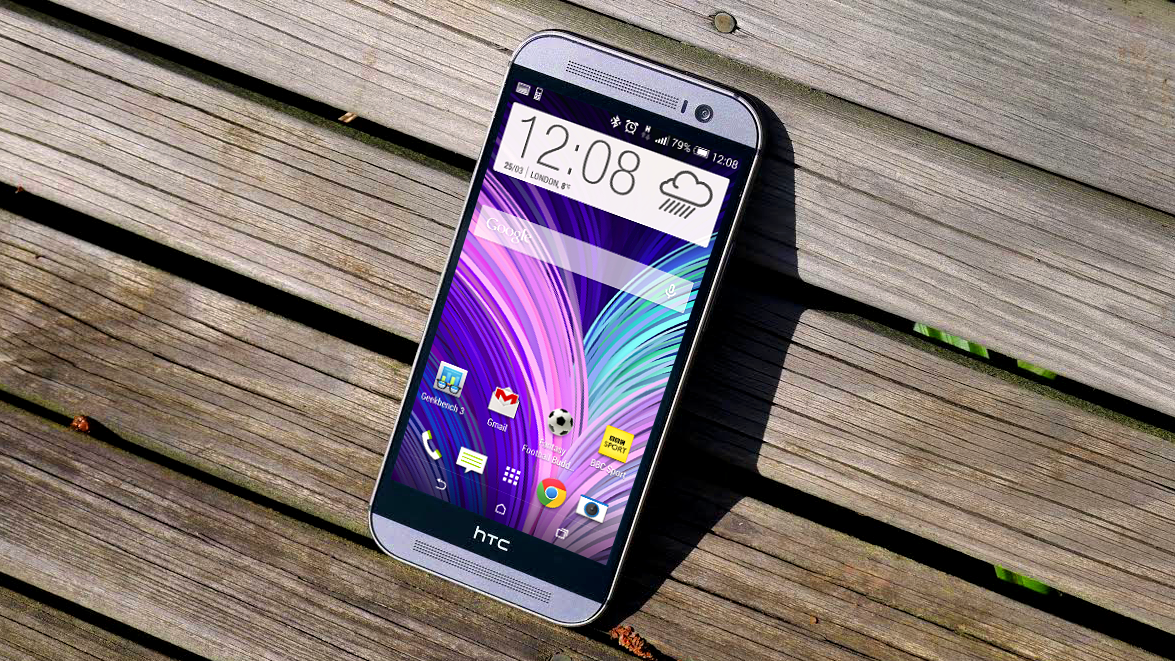Why you can trust TechRadar
There are a number of really decent handsets on the market - and there are more to come too. You've read this far, so you've got a sense of what's on offer with the HTC One (M8), but the question remains: is it the one for you?
We've compared it to the top handsets on the market at the moment - but remember that these are all about to be refreshed (ranging from imminently to the Galaxy S4 and a few months for the iPhone 5S and LG G2) so it might be worth waiting for the price to drop if you go for any of the following.
We'll be updating this review when the new models become available, but until then, check out our comparison:
Samsung Galaxy S4
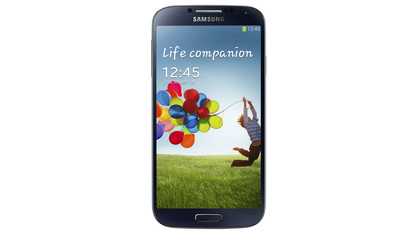
The all-conquering Galaxy S4 was the phone to beat in 2013, and in terms of sales nothing managed to do that thanks to the impossibly strong marketing machine that the South Korean brand has created.
However, critically the HTC One was a better phone than Samsung's effort, and as such the HTC One (M8) is a much better device than last year's S4 flagship.
The design, much improved from last year on the One (M8), now outstrips the uninspiring plastic build of the S4, which is probably the main reason to avoid the model.
The camera on the Galaxy S4 is arguably more powerful still, with the 13MP snapper still giving better all-round pictures than the One (M8), especially in the brighter scenes. It's also got a lot more power in terms of modes to play with, but the One (M8) is more succinct and combined with the duo camera allows for a lot more intuitive and impressive snaps.
The CPU, a Qualcomm Snapdragon 801 in the One (M8), is also a cut above the Snapdragon 600 which is pushed into the S4, and as such leads to better battery life and speed throughout the phone.
The only real plus point over the One (M8) that Samsung can really boast about is the lower price (unless you're really into a removable battery) - so if cost is all important, this is still a decent enough buy.
iPhone 5S
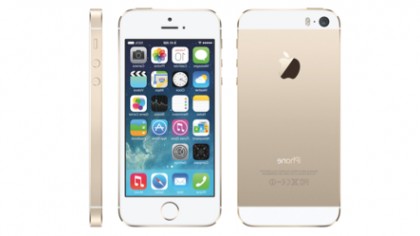
Apple is the only brand around that can match HTC when it comes to the design ethos of a flagship phone, and the two together would give a buyer a tricky decision to make.
However, Apple's Achilles heel (in the eyes of the buyer, if not its bottom line) is the fact it commands a much higher price than even the new HTC One (M8), which is months younger.
In terms of spec though, the two phones are fairly evenly matched. Apple's new A7 64-bit chip is very strong indeed, and sets a level that's going to improve in the next few years as well.
HTC's One (M8) does out-do the Cupertino brand in overall grunt though, and while its camera is underpowered compared to the 5S, it does pack more settings and the Duo Camera for post-shot refocus.
Apple's iPhone also has to deal with the fact it's only got a 4-inch screen as well - side by side with the One (M8)'s Super LCD version, with Full HD resolution, the difference is marked.
The app ecosystem of Apple's iPhone is more stable and better-stocked, which will be a plus for some - but the only real plus point for many will be the fact it's got a smaller screen, which to a lot of users is still very important.
LG G2
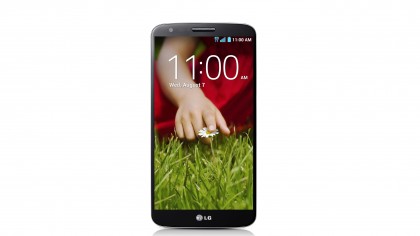
One of the top phones of 2013 (despite being launched later than the rest) is still worth a look, and is probably the closest Android phone in terms of power to the HTC One (M8).
The Snapdragon 800 chipset is an excellent engine (albeit improved upon dramatically by the Snapdragon 801 in the One (M8)) and the larger screen pushes right to the edge of the phone with minimal bezel. The G2 also has a very impressive screen indeed, meaning you'll get a real win from watching video on the device.
However, the all-plastic casing doesn't do it any favours in the design stakes, with the all-metal HTC One (M8) really taking the trophy from all opponents.
The 13MP camera of the G2 is still one of our favourites for its combination of power and simplicity, although it's shorn of post-shot refocus.
The price of the G2 came in at a highly palatable level, and the One (M8) will cost a little more dinero if you're thinking of getting a device with all this fancy tech.
HTC One (2013)
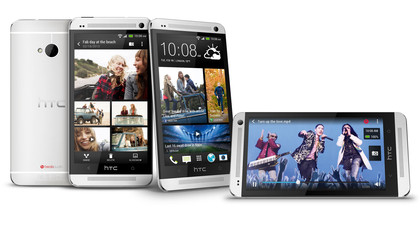
TechRadar's top handset of last year is still a viable purchase, and has been dropped in price compared to its new One stablemate.
The key differences are myriad: the new One has 90% metal compared to the 70% of the original, a larger 5 inch screen over the 4.7-inch of last year's model, has a much better battery and an improved camera and Boomsound speakers.
It's not a case that the new phone will be better than the old in every potential buyer's eyes though - the design is still very subjective and some will like the wider, more stable feel of the original.
However, make no mistake that the HTC One (2013) is the inferior phone in nearly every way compared to the new edition. You've got to really want to save money if you want to go with last year's option, and be prepared to take a hit on the battery life.

Gareth has been part of the consumer technology world in a career spanning three decades. He started life as a staff writer on the fledgling TechRadar, and has grew with the site (primarily as phones, tablets and wearables editor) until becoming Global Editor in Chief in 2018. Gareth has written over 4,000 articles for TechRadar, has contributed expert insight to a number of other publications, chaired panels on zeitgeist technologies, presented at the Gadget Show Live as well as representing the brand on TV and radio for multiple channels including Sky, BBC, ITV and Al-Jazeera. Passionate about fitness, he can bore anyone rigid about stress management, sleep tracking, heart rate variance as well as bemoaning something about the latest iPhone, Galaxy or OLED TV.
